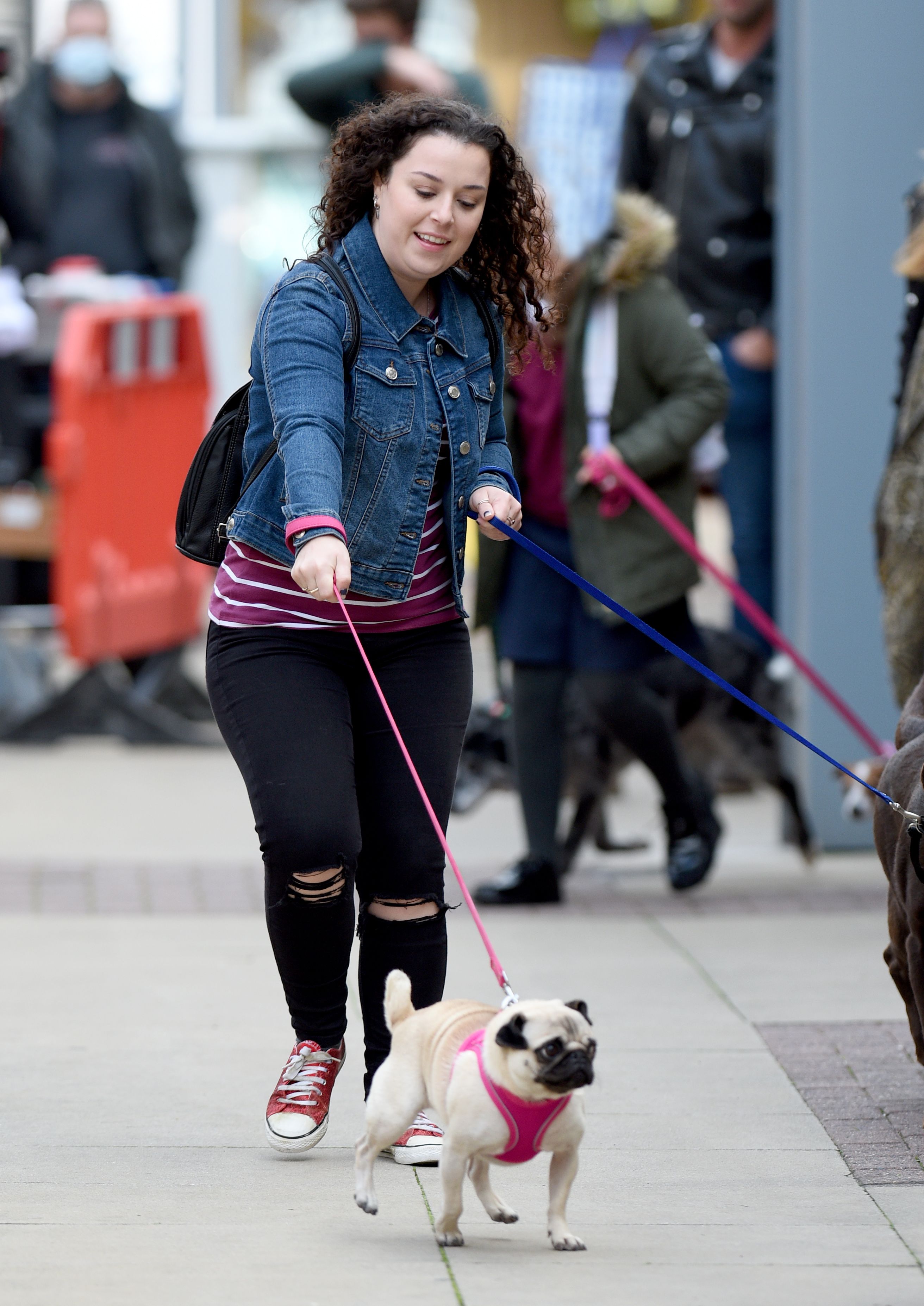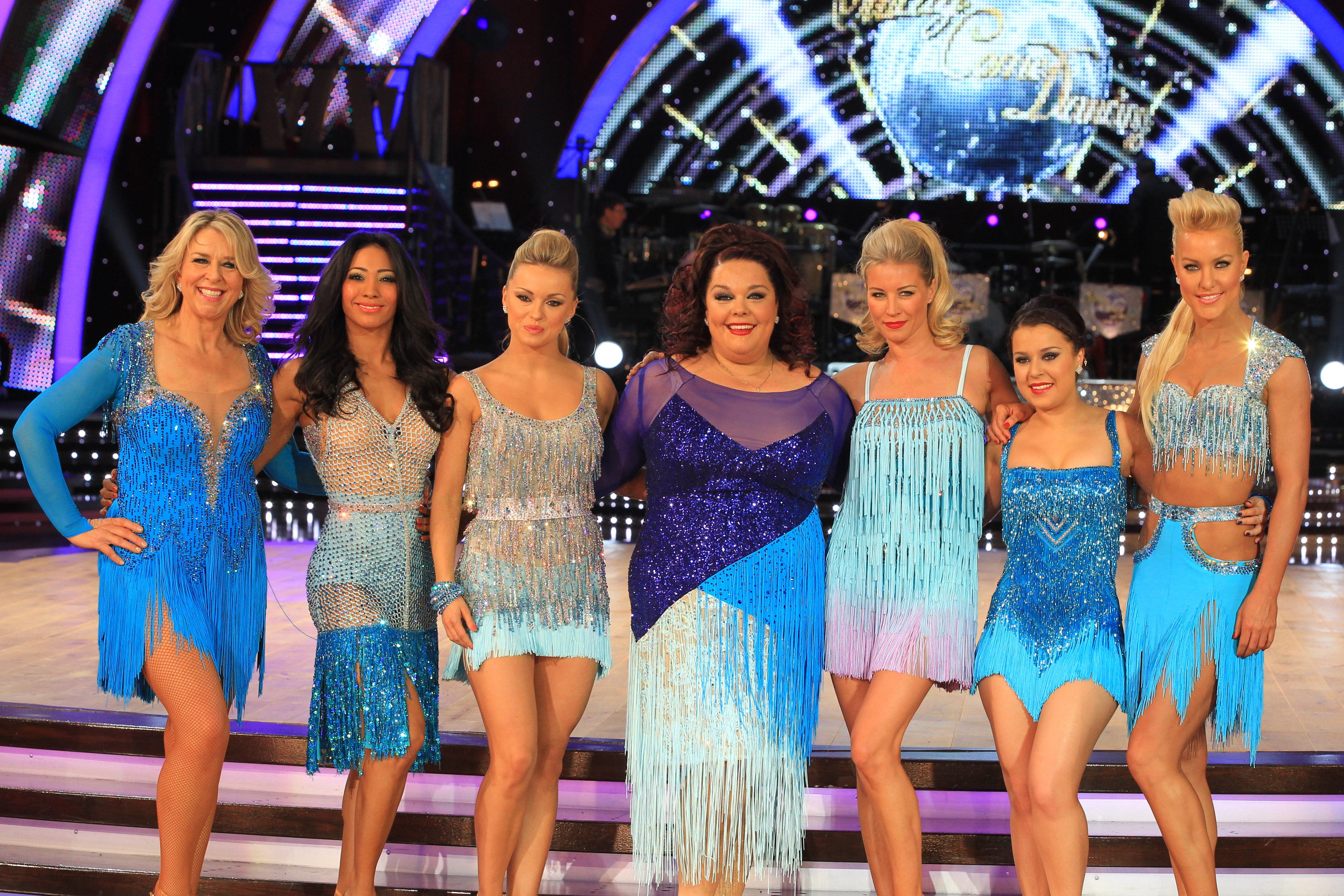Dani Harmer interview: ‘What will it take for social media trolls to stop? Is Caroline Flack not enough?’
The ‘Tracy Beaker’ star speaks to Olivia Petter about the consequences of body shaming, suffering from anxiety, and why apps need to do more to combat online abuse


Your support helps us to tell the story
From reproductive rights to climate change to Big Tech, The Independent is on the ground when the story is developing. Whether it's investigating the financials of Elon Musk's pro-Trump PAC or producing our latest documentary, 'The A Word', which shines a light on the American women fighting for reproductive rights, we know how important it is to parse out the facts from the messaging.
At such a critical moment in US history, we need reporters on the ground. Your donation allows us to keep sending journalists to speak to both sides of the story.
The Independent is trusted by Americans across the entire political spectrum. And unlike many other quality news outlets, we choose not to lock Americans out of our reporting and analysis with paywalls. We believe quality journalism should be available to everyone, paid for by those who can afford it.
Your support makes all the difference.In 2012, midway through an interview, actor Dani Harmer leaned over and showed the journalist the label tucked on the inside of her dress. “I wanted to prove to them that I was a size six,” she recalls. The Tracy Beaker star was competing on Strictly Come Dancing, and was, she says, “the fittest” she’d ever been. But people didn’t believe her. Social media trolls accused Harmer of lying about her dress size, while tabloids pointed to her “flabby tummy”.
“I’m 5ft tall, so my size six looks very different to Victoria’s Secret model’s,” she reflects. “I just got to the point where I was getting so frustrated with the comments, which is why I ended up whipping out that label. But looking back, it’s like, what was I doing? Why did I lower myself to that ridiculousness? I know what size I am, I buy my own bloody clothes. It just gets to you after a while.”
Nearly a decade later, and it seems little has changed. Harmer recently reprised her role as Tracy Beaker, the iconic character based on the novel of the same name by Jacqueline Wilson, in a CBBC spin-off: My Mum Tracy Beaker. But the new series has sparked a resurgence in body shaming trolls targeting Harmer. “It’s stuff like, ‘oh you look a lot fatter than you did in the last series’, and I just think, oh, what, when I was 12 years old? Well, yes, I’m 32 now,” she says, laughing.
Harmer hadn’t expected to be making the show during a pandemic. “I just thought, we’re in lockdown, so I’ll eat some chocolate and then lose weight to get ready for filming. I didn’t do that, but to be honest, I’m really happy with the way I look. I’m a size 10 now, that is not big. It is fine.”
Despite how long the behaviour has been going on for, it never fails to surprise Harmer how cruel people can be when they’re hiding behind a screen. “I would never go up to someone in the street and be like, ‘Love, your leggings are a bit too tight, maybe you shouldn’t eat that doughnut?’ It fascinates me that someone would think that’s an acceptable thing to do.”

It’s no secret that body shaming is rife on social media, and not just towards those in the public eye. A survey by the Women and Equalities Committee found that the majority of people feel negatively about their body image most of the time, and that the numerous lockdowns have exacerbated these feelings. Spending time on social media was found to make this worse too, with women reporting that the less time spent on social media, the happier they felt about their bodies.
The survey also found that having a negative body image can have a huge impact on your mental wellbeing, something Harmer has experienced first hand. “I’ve suffered with depression on and off for my entire life, but the comments I received when I was on Strictly sparked off anxiety, which wasn’t really something I had dealt with up until that point. It’s just that anxiety of opening your phone up and wondering what you’re going to get next.”
Despite endless calls for social media platforms to do more to combat trolling, with Instagram and Twitter continuously announcing new anti-bullying policies, it persists. While you can block, restrict, and even mute users, there’s nothing to stop someone from getting a new email address and therefore a new account from which to troll someone. “I have someone that stalks me from six different accounts,” Harmer says. “They constantly tweet me and you can tell it’s the same person, it’s so odd.”
Calls for more safeguarding became all the more urgent in February 2020 following the death of former Love Island presenter Caroline Flack, whose suicide prompted social media users to urge others to think twice about the impact of their words online and “be kind” to one another, a quote taken from one of Flack’s own Instagram posts. The hashtag #BeKind went viral but Harmer says her experience shows it was short-lived.
“It felt like it lasted five minutes,” she says. “If we could find our way back to that, these apps are going to be a better place for all of us. I just don’t know what it will take. Wasn’t Caroline Flack enough? Was that really not enough for people to sit up and think, ‘oh maybe I should be a bit more mindful when I’m messaging strangers’?”

In terms of what can be done to combat the issue long-term, Harmer believes that everyone needs to be held responsible for what they say online, pointing to the fact that, as a verified user, it’s easier to hold her to account than an anonymous troll. “If I said anything that went against the rules, my account would be suspended because I have a blue tick,” she says. “But Barry round the corner can say anything because they’re harder to identify.”
After everything she’s experienced online, Harmer says she has considered stepping away from social media altogether. “I don’t think it adds anything to my life, I have it purely for work purposes.” It’s not surprising, then, that Harmer is reluctant to allow her four-year-old daughter onto social media when she’s old enough. (Instagram and Twitter both impose age limits of 13.) “I certainly wouldn’t let her have Twitter in its current form.”
That said, Harmer is hopeful that there is a way for social media platforms to become safer environments. “It can be such a great way to speak directly to my fans,” she says, recalling “amazing” conversations she has had with people she’s met on social media, some of whom she has even met in real life. “I really want to be able to use Twitter and Instagram, I just won’t want to deal with any negativity,” she says. “Life is hard enough without that, especially now.”
If you are experiencing feelings of distress and isolation, or are struggling to cope, The Samaritans offers support; you can speak to someone for free over the phone, in confidence, on 116 123 (UK and ROI), email jo@samaritans.org, or visit the Samaritans website to find details of your nearest branch.

Join our commenting forum
Join thought-provoking conversations, follow other Independent readers and see their replies
Comments